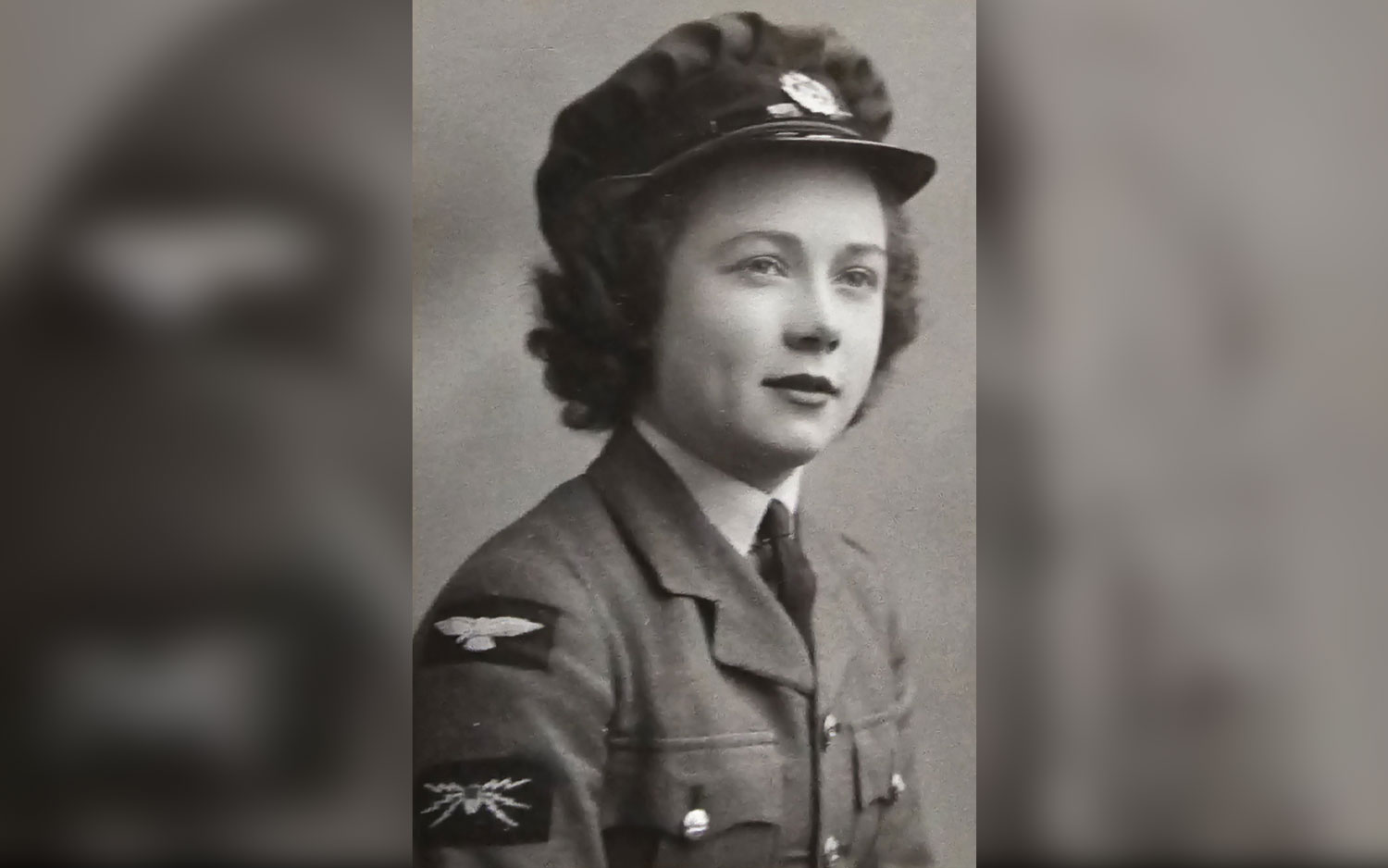
Family's pride as veteran, 99, honoured by two generations of female air force personnel

Air Force women from the UK and US joined forces to honour a Second World War veteran whose service in the Women's Auxiliary Air Force (WAAF) helped pave the way for future generations of female aviators.
Stella Brecht, who died at the age of 99 in California on 7 June, enlisted in the WAAF in 1942 at 17 and served as a Radar Technician and Mechanic, spending most of her service underground in a one-room bunker at RAF West Beckham in Norfolk.
To honour her memory more than 80 years later, personnel from Edwards Air Force Base's Blue Eagles Honour Guard spent time teaching Royal Air Force personnel Sgt Karina Fernandez and Sgt Rachel Douglas how to fold the UK flag in the traditional way seen at US military funerals.
This combined Allied effort, which the family say they are forever grateful for, was to honour Mrs Brecht's dual nationality and service to King and country.
In addition to the British sergeants in attendance, RAF Padre Alice McDermott – who joined the Women's Royal Air Force in 1988 and was among the first generation of female pilots along with the RAF's first female fast jet pilot Jo Salter – was there to say a prayer and support the family members.
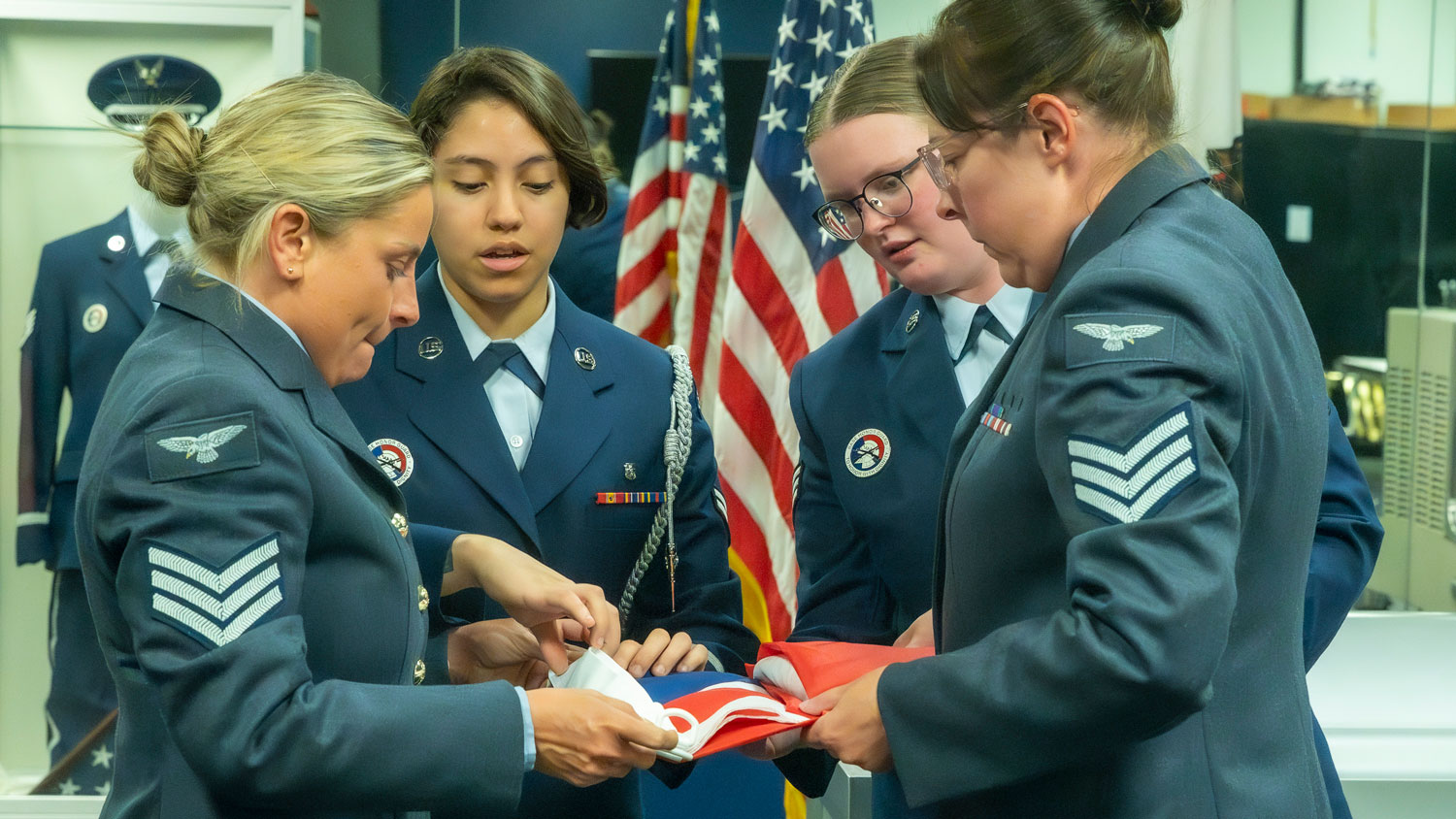
She also handed over a letter from Air Commodore Nikki Thomas, Air Attaché, British Defence Staff Washington, which said: "As a female officer in the RAF, I am always grateful for those that were in the WAAF, who marked the beginnings of our journey, especially because they did so at such a challenging time."
Speaking with BFBS Forces News about Mrs Brecht's military service and unique funeral, Padre McDermott expressed her own delight at the presence of so many women who wanted to honour the Second World War veteran's service.
She said: "I was just so thankful that I had two female sergeants that were so willing to step forward and take that time to learn to do the flag folding.
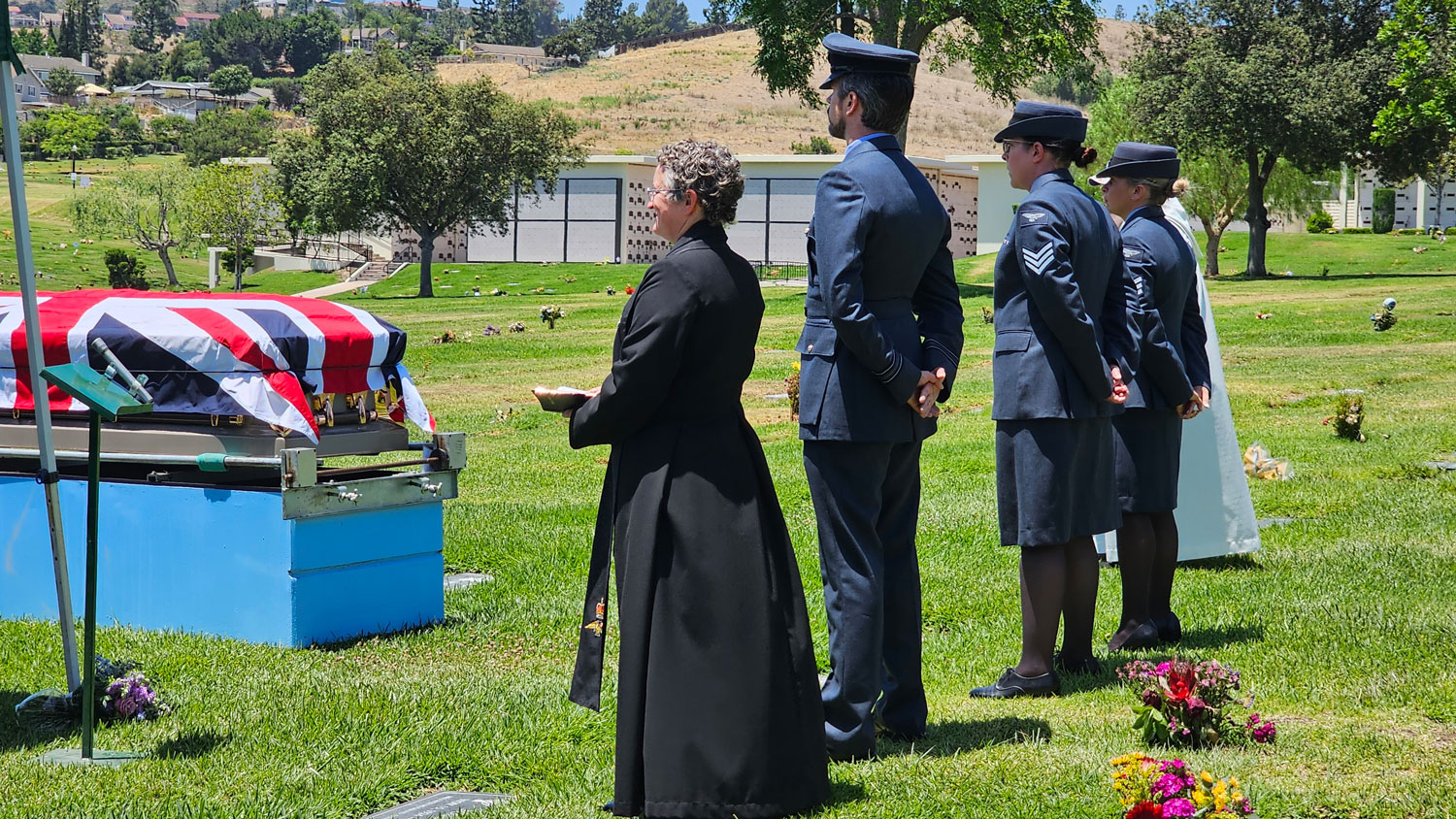
"And the Honor Guard from Edwards [Air Force Base] taking the time to come all the way there to do a quick practice again before the funeral cortege turned up just to have our back on the day."
After Mrs Brecht's death, her family contacted the Blue Eagles Honor Guard at Edwards Air Force Base to see if she could have a military funeral.
As she was born in the UK and served in the WAAF, the honor guards said they couldn't, but all was not lost as Padre McDermott explains, saying: "The Honor Guards at Edwards said, 'Oh we're really sorry, she was British but you know what, we've got a Royal Air Force squadron based at Edwards, number 17, and they reached out to us.
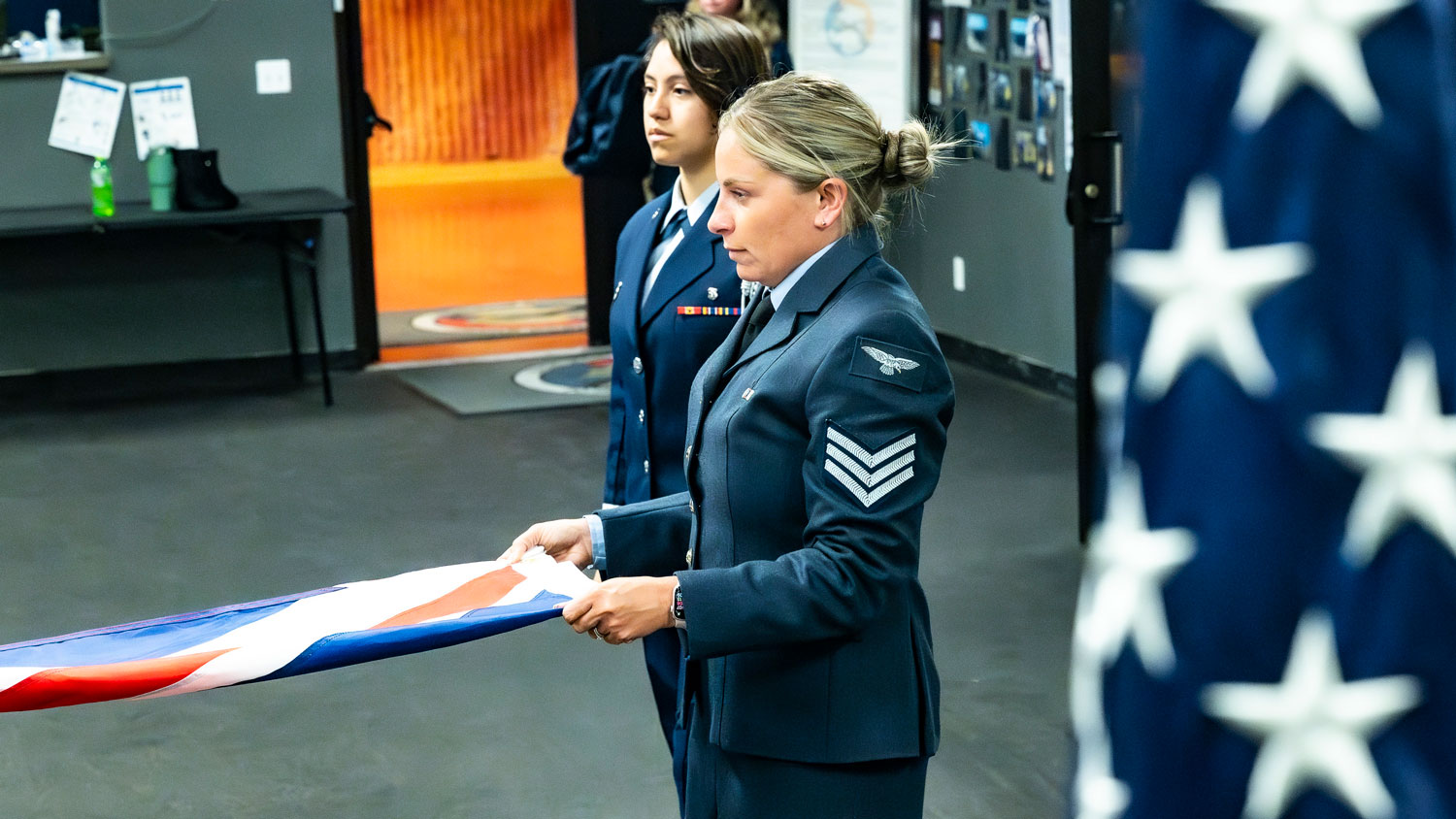
"So they were kind of already down the track of arranging the funeral and stuff, but wanting to take part because this was WAAF, you know, it's a female.
"So there's a bit of a legacy and it feels like we connect with the past.
"The women that have gone before us allowed my generation to do something and what my generation have done has moved us to the place we are today."
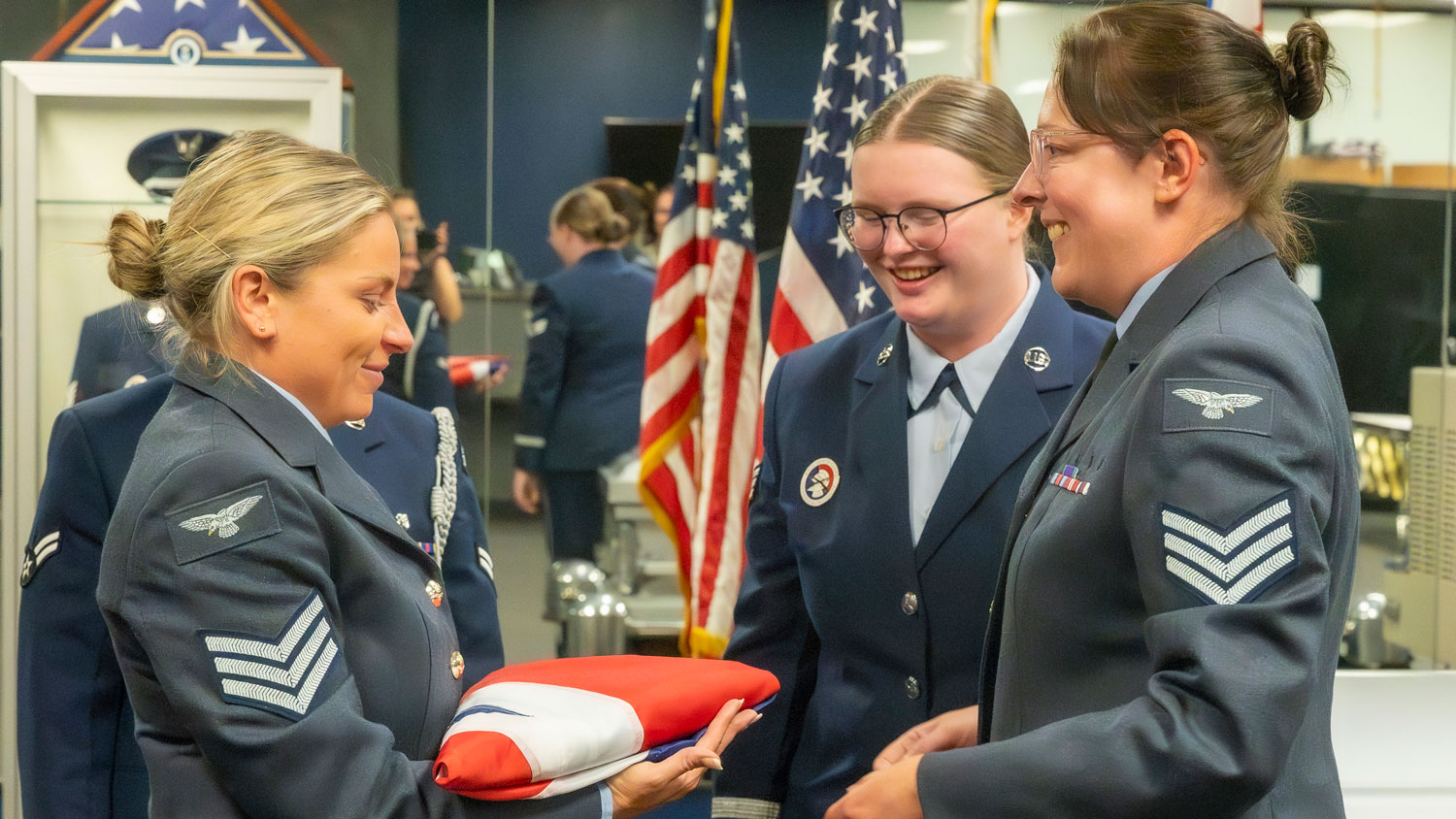
Stella Brecht died in Whittier, California, but her story started thousands of miles away in Eton, England, where, during her childhood, she would sometimes see the future Queen, Princess Elizabeth and her sister Princess Margaret.
Mrs Brecht's father was a Royal Navy veteran of the First World War who volunteered for the Home Guard during the Second World War.
The teenager joined the Red Cross nursing programme at 16 in 1940 but found the work difficult as she desperately wanted to care for wounded soldiers, which was not what she was tasked with.
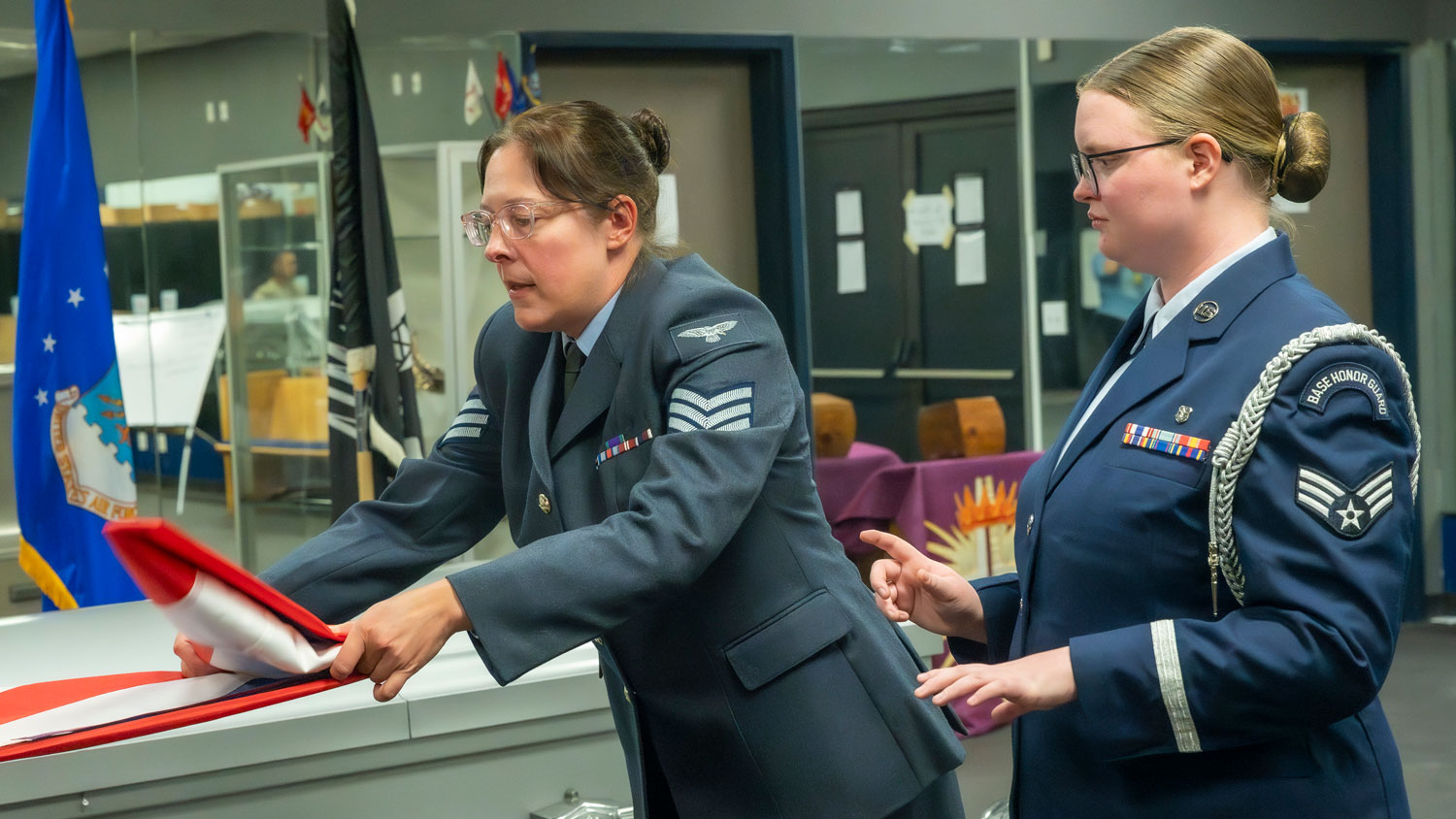
Eventually, the teenager started working in the chemistry laboratory of a manufacturing plant that was searching for ways to strengthen aluminium for use in combat aircraft.
Following in her father's military footsteps, the teenager joined the WAAF when she was 17.
The Second World War veteran would share stories of her service with her children, grandchildren and great-grandchildren.
Regan Davis, Mrs Brecht's great-granddaughter, wrote of her great grandmother's decision to join the WAAF, saying: "Stella elected to enrol in the Women's Auxiliary Air Force because the woman's uniform was the best. "
On D-Day, the teenager noticed on her radar screens dozens of planes flying overhead, heading towards Normandy.
Ms Davis said: "The women took turns peeking out through the bunker porthole to see the sky darkened with planes flying over toward France."
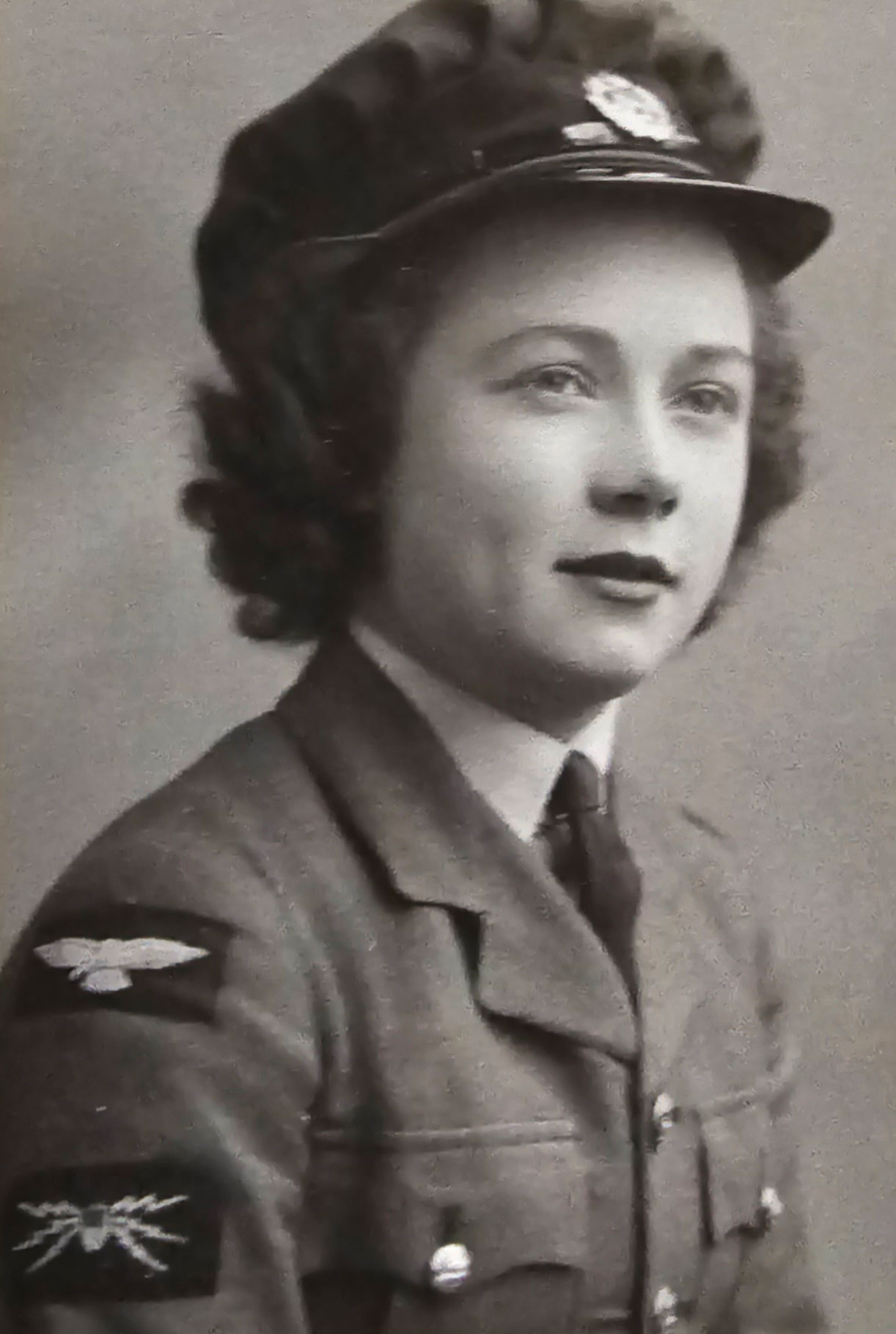
Mrs Brecht also saw bonfires dotted along the Norfolk coastline, lit to guide boats heading to Normandy and dry the soldiers' wet uniforms.
During her service with the WAAF, Mrs Brecht met the man she would eventually marry and start a family with – Ernest Brecht.
Described by his great-granddaughter as a "dapper young American man from the US Army Air Corps", Ernest was a dispatcher for a trucking unit located inside a local brewery.
Their first child Patrick was born in the UK before the family of three moved to California to start the next chapter of their life.
The former WAAF radar operator gave birth to three daughters and four sons who in turn gave her 24 grandchildren, 39 great-grandchildren and five great-great-grandchildren – a lot of ears to hear about her service in the WAAF.









